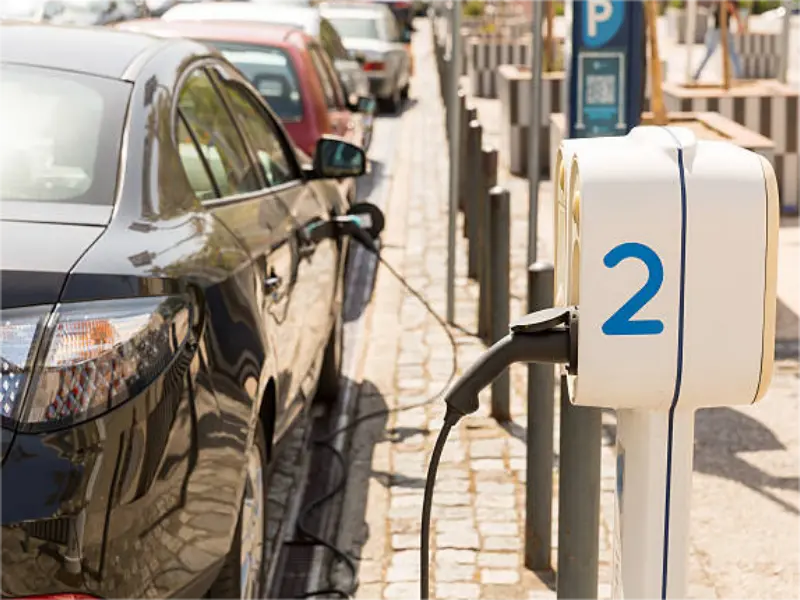- The use of advanced components and technologies for safety and efficiency drives up the manufacturing costs of EV chargers.
- With increased competition and the push for more sustainable solutions, the cost of EV chargers is expected to decrease.
- Many governments offer incentives and subsidies for the installation of EV chargers to encourage the adoption of electric vehicles.
Electric vehicles (EVs) are seen as a major step forward in reducing carbon emissions and promoting sustainable transport. However, there are still several factors that contribute to the high cost of EV chargers, ranging from technological complexity, installation and infrastructure requirements, to market dynamics that influence pricing.
While EV chargers are currently expensive, there is a clear path to making these devices more affordable. Technological advances, increased market demand and a supportive regulatory environment are expected to drive down the cost of EV chargers, making EV ownership more accessible to a wider audience. In the global transition to cleaner and more sustainable transport options, this trend will play a crucial role.
EV charger components and technology
High-Quality Components: EV chargers are built using high-quality, durable components designed to withstand a variety of environmental conditions and provide reliable performance for many years. These components include advanced electronics to manage the charging process and robust materials for the physical units, which contribute to higher manufacturing costs.
Advanced Technology and Safety Features: Safety is a primary consideration in the design of EV chargers due to the high voltages involved. Chargers incorporate multiple safety features such as ground fault protection, overcurrent protection and real-time monitoring systems to ensure safe operation. The integration of these sophisticated technologies adds to the cost.
Also read: How much does a commercial EV charging station cost?
EV charger installation and infrastructure
Installation costs: Installing EV chargers can be complex and costly, especially for Level 2 and DC fast chargers, which require professional installation by certified electricians. Factors that affect installation costs include the type of charger, the need for potential upgrades to existing electrical systems, and the physical location of the installation.
Infrastructure requirements: Level 2 and DC fast chargers often require upgrades to the existing electrical infrastructure, such as new switchboards or transformers, to handle the increased electrical load. These upgrades are necessary to ensure that the charging process is efficient and safe, but can significantly increase the overall project cost.
Also read: Is the electric vehicle charging station business profitable?
EV charger economic and market factors
Research and Development: Ongoing research and development is required to improve EV charging technology, enhance safety features and integrate chargers with smart technology and renewable energy sources. The costs associated with R&D are significant and are often reflected in the pricing of end products.
Economies of scale: The EV charging market is at a relatively early stage compared to other automotive components. As the market grows and production volumes increase, economies of scale are expected to reduce costs. At present, however, the limited scale of production can make individual units more expensive.
Regulatory compliance: EV chargers must comply with a variety of international, national and local regulations, which can vary significantly from region to region. Compliance with these regulations involves additional costs for certification and possible modifications to meet specific standards.

